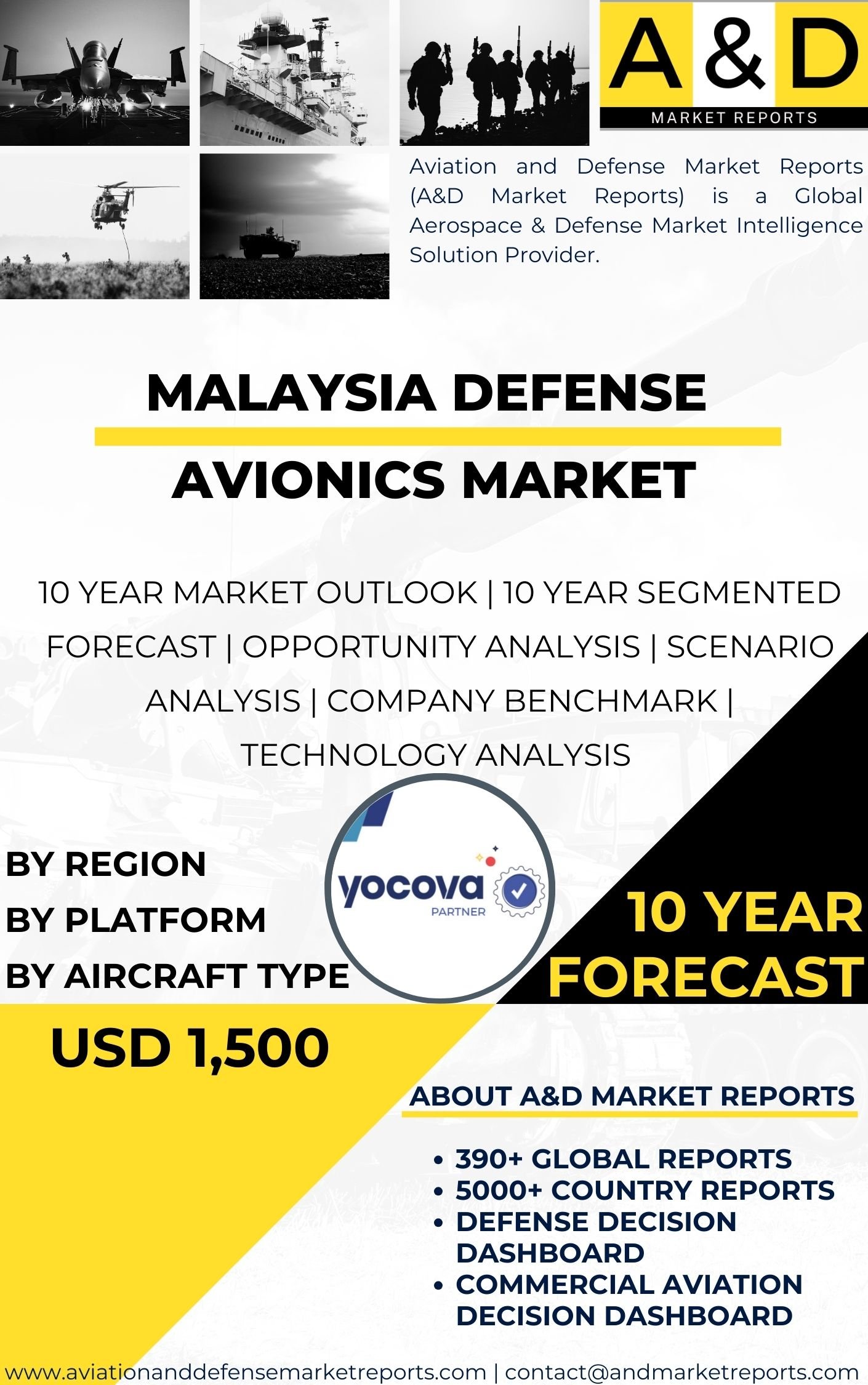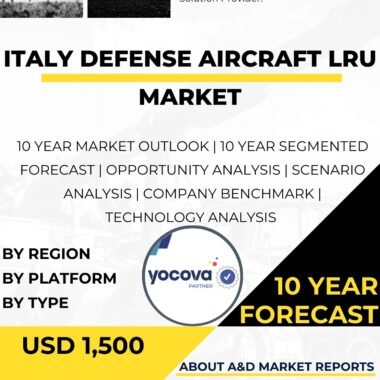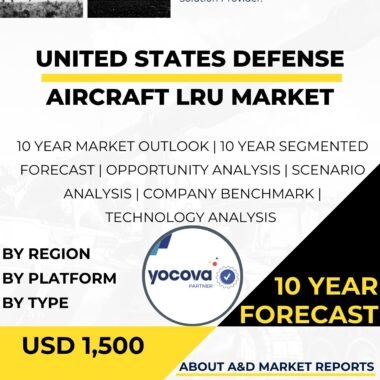Description
Malaysia Defense Avionics Market plays a vital role in the country’s ongoing efforts to modernize its air force and strengthen national defense capabilities. As a strategically located nation in Southeast Asia, Malaysia places high importance on advanced avionics technologies to enhance situational awareness, communication, navigation, and mission effectiveness across its defense aircraft fleet.
Malaysia Defense Avionics Market Importance
Avionics systems form the electronic backbone of military aircraft, supporting flight control, communication, navigation, and weapon system integration. These technologies significantly improve the safety, performance, and operational readiness of aircraft used in missions such as air defense, surveillance, reconnaissance, and maritime patrol. Malaysia’s focus on leveraging advanced avionics reflects its ambition to remain well-prepared for evolving regional security challenges.
Malaysia Defense Avionics Market Growth Drivers
The Malaysian defense avionics market has expanded due to rapid advancements in avionics technologies and the increasing need for enhanced mission capability and aircraft reliability. Modern systems like integrated cockpit displays, flight management platforms, and electronic warfare suites provide pilots with real-time information, enabling better decision-making and more precise mission execution.
Malaysia Defense Avionics Market Modernization Efforts
Malaysia’s acquisition and integration of advanced avionics systems align with its broader military modernization initiatives. The country has forged partnerships with leading international avionics manufacturers to gain access to cutting-edge technologies and technical expertise. These collaborations support technology transfer, skill development, and capacity building within local defense industries.
Malaysia Defense Avionics Market Indigenous Development
In addition to foreign partnerships, Malaysia is increasingly focused on developing indigenous avionics capabilities. Collaborative projects between local defense firms and foreign manufacturers promote knowledge sharing and foster domestic innovation. This approach strengthens Malaysia’s defense industrial base while supporting economic growth and technological independence.
Malaysia Defense Avionics Market Role in Safety and Reliability
Avionics systems also contribute significantly to improving pilot safety and aircraft reliability. Technologies such as collision avoidance systems, automated flight control systems, and aircraft health monitoring tools help reduce operational risks, prevent accidents, and ensure long-term airworthiness of military platforms.
Malaysia Defense Avionics Market in UAVs and Drones
The scope of avionics extends beyond manned aircraft to include unmanned aerial vehicles and drones. UAV avionics systems provide autonomous navigation, mission control, and secure communication capabilities. These technologies are essential as Malaysia expands its use of unmanned platforms for surveillance, reconnaissance, and border protection.
Malaysia Defense Avionics Market Training Needs
Training and education remain essential components of Malaysia’s avionics development. Pilots, technicians, and maintenance crews require continuous training to operate and sustain modern avionics systems. Regular training programs help improve mission readiness and ensure effective use of advanced technologies across the air force.
Market Challenges
Despite steady progress, the Malaysian defense avionics market faces challenges such as technology obsolescence, cybersecurity risks, and the need for sustained research and development. Avionics technologies evolve rapidly, and maintaining up-to-date systems requires consistent investment and proactive lifecycle management. Cybersecurity remains a major concern, as avionics platforms must be protected from digital threats that could compromise mission integrity.
Market Regulatory Considerations
International regulatory frameworks also influence Malaysia’s avionics procurement and development. The country adheres to global norms governing defense technology transfer and arms control, ensuring responsible acquisition and deployment of advanced avionics systems.
Conclusion
The defense avionics market in Malaysia is a cornerstone of the nation’s defense modernization strategy. By adopting advanced avionics technologies, Malaysia enhances the performance, safety, and operational capability of its defense aircraft. Strong international partnerships and growing domestic innovation continue to shape the sector, contributing to national security and industrial growth. As Malaysia invests further in avionics development, the country is well-positioned to strengthen its air defense capabilities and meet future security challenges with confidence.




